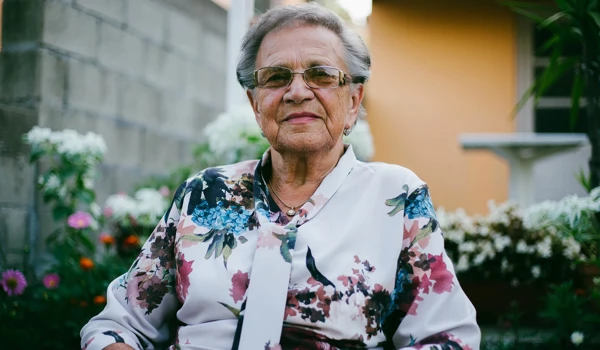Making a will
Having a will is an important step in end of life planning. It is the document that gives clear instructions for your loved ones or executors about what you want to happen to you money, property and assets. Lots of people make a will when they buy their first house or get married, these should be reviewed in end of life planning to ensure they are up to date and inline with your wishes.
A solicitor is the best person to contact when making a will.
What happens if I die without a will?
Dying without a will can mean it takes much longer for your estate to be divided to the people or organisations you may have left it to. It can also mean that the people who do inherit your money, possessions and assets are not the people you would have chosen.
Lasting powers of attorney
A lasting power of attorney (LPA) is a legal document that let’s you – the ‘donor’ – appoint one or more people – attorneys - to help you make decisions or make decisions on your behalf.
There are two types of LPA.
LPA for heath and care decisions
Attorneys for health and care decisions allow someone the authority to make decisions about your healthcare and wellbeing. The attorney you nominate can make decisions about:
- your care
- your daily routine
- your medical treatment
- your living arrangements
You can also give your health and care LPA authority to make decisions about life-saving treatment. If you don’t want to do this you can make what’s known as an advance decision.
LPA for financial decisions
A financial attorney has the authority, as nominated by you, to make decisions about your property and finances. The attorney can make decisions about:
- buying and selling property
- investing money
- paying for your mortgage and bills
What’s the difference between lasting powers of attorney and enduring powers of attorney?
Simply put, lasting powers of attorney have replaced enduring powers of attorney (EPA).
Existing EPAs are still valid but they are only able to make decisions about property and finance.
What happens if I am unable to make decisions about my end of life and I haven’t nominated a lasting power of attorney?
If you lose the ability to make or communicate decisions about your life and haven’t nominated an LPA, your friends, family or carer can apply to the Court of Protection to become your decision maker. The court can wither appoint this person as your LPA or assign a representative, called a deputy, instead.
Next steps

Planning your funeral
When it comes to planning your funeral there are lots of options available to consider. A funeral director will be able to help plan both the practical and personal elements but we’ve covered some of the things you might want to think about in advance.

Advance decisions - living wills
An advance decision, sometimes referred to as a living will, allows you to communicate your wishes should you become unable to. They allow you to refuse treatment, even if this might lead to your death.

Helpful organisations for end of life planning
Find a list of helpful organisations for end of life planning.
